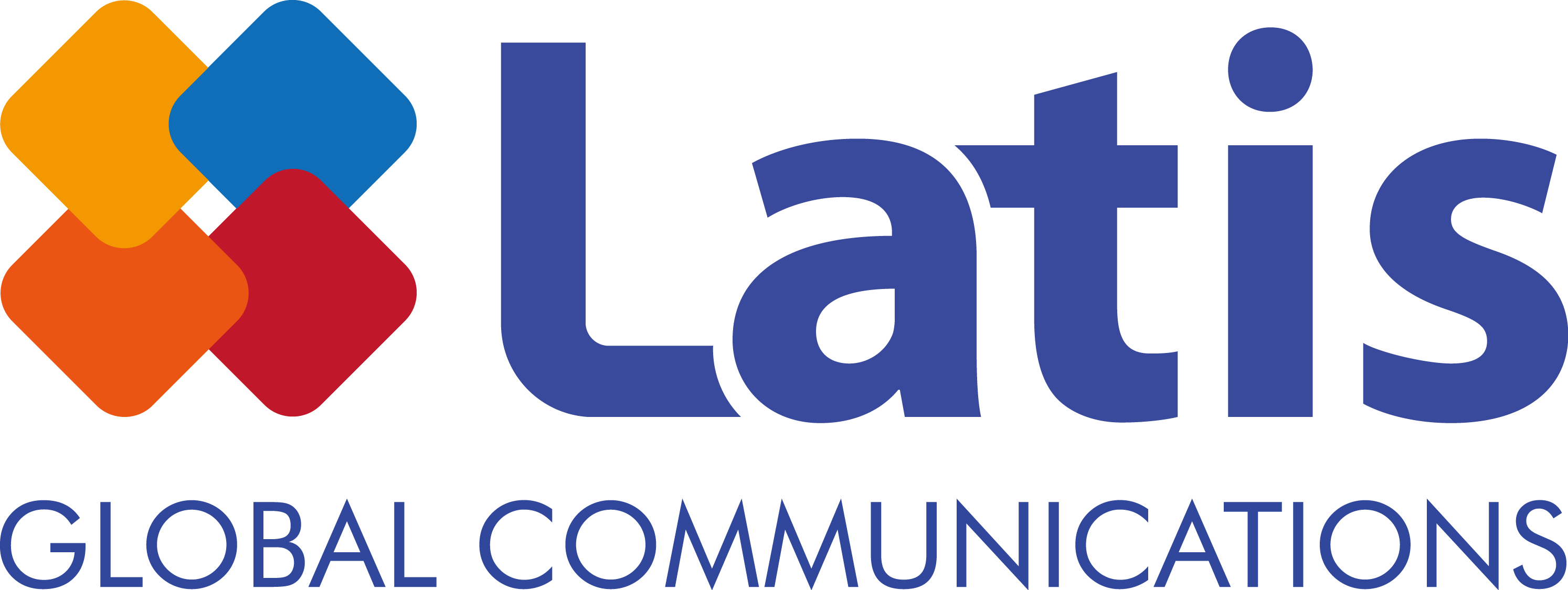
Since gamers play way longer than usual during holiday seasons or long weekends, many game companies achieve their highest annual revenue during these special periods. In the U.S. mobile gaming market, the most profitable seasons are always around Black Friday, Christmas, and New Year’s. Today, we will look at some of the steps game developers and publishers should take to maximize revenue during the highly anticipated holiday seasons.

1.Holiday seasons offer new opportunities and challenges for game services.
For many gamers, holiday game events are great opportunities to explore new features and content. In addition, rewarding event bonuses works magically, as it prevents existing players from leaving and also attracts new ones.
Usually, game access time is comparatively longer during holidays than on ordinary days. However, holiday seasons are also very competitive periods for games that share a similar user base. As a result, game companies have to prepare ahead of time in order to attract gamers through satisfying events and distinctive promotions.
2. It is important to thoroughly plan the events in advance.
If marketing events, such as discount and giveaway events, are planned without considering specific seasons or holidays, gamers would assume that game companies are not making any effort to satisfy them. When games are targeted towards the overseas market, it is advised to research the cultural background behind the holidays of the targeted countries or regions and then organize well-planned events beforehand. In addition, introducing a user-based evaluation system is also a good way to measure gamers’ satisfaction with the events. It is recommended to dedicate roughly six months to a year to prepare appropriate events for each holiday or season based on the optimized timeline for the targeted markets.

3. Select the most popular holiday for the region you are aiming to service.
Rather than preparing events for every holiday, it is better to select them according to the preferences of each country and its gamers. For instance, in North America, Black Friday in November, Christmas Day in December, and New Year’s in January are considered the most significant holiday seasons, whereas, in Asia, the Lunar New Year is the most important holiday. Depending on the country or region, Christmas may not be considered a major holiday and, in some countries, Christmas is not even celebrated on December 25th.
If events are hosted after taking into account popular holiday seasons and the culture and characteristics of the serviced areas, they can be significantly more effective in terms of reducing costs as well as generating profits.
4. It is also wise to check out newly emerging markets.
Recently, the gaming markets in Latin America, South East Asia, the Middle East, and North Africa have been growing exponentially. Many game companies are paying special attention to gamers from Arab countries due to their high ARPPU (Average Revenue Per Paying User). Since there are many cultural and religious differences between the Middle East and South Korea, it is recommended to plan special, unique events targeting the Middle East gaming market. Particularly Ramadan, observed for more than a month by Muslims, could become a great opportunity for game companies to increase sales just like during Christmas in the West.

5. Events and localization must match the nature of the game.
Generally, hosting events during the most celebrated holidays of the serviced countries is considered a good marketing tactic. However, organizing events with relevance to the game’s themes and content is also a fantastic way to advertise it. For example, when special events for Halloween are planned, various monsters, such as jack-o’-lanterns, bats, and vampires, are often used. Yet, those elements are not always appropriate for every game. Depending on the game’s genre, the appearance of Chinese mythological vampires, ghosts, or zombies could be a better match than bats or jack-o’-lanterns. In addition, if the game is targeted at children, events with a playful and cute feel might be more suitable.
International Holidays in 2023
Although some holidays take place on different days year after year due to different cultures and religions, most holidays are always celebrated on the same day. After quickly grasping the culture and trends of the serviced countries, it is best to plan out events ahead of time with consideration of marketing budgets. Hopefully, our summarized list of international holidays will help you plan this year’s events.
Spring Season
March 17th (Fri): St. Patrick’s Day (Ireland, the U.S., Canada, etc.)
March 22nd (Wed) – April 20th (Thu): Ramadan (Arab Region)
March – April: Cherry Blossom Festival Season (Japan, Korea, etc.)
April 9th (Sun): Easter (the U.S., Russia, Europe, etc.)
April 29th (Sat) – May 5th (Fri): Golden Week – Showa Day, Constitution Memorial Day, Greenery Day, Children’s Day (Japan)
June 22nd (Thu): Dragon Boat Festival (China)

Summer Season
June 23rd (Fri): Midsommarafton – Summer Solstice (Sweden, Finland, etc.)
Early July: Fiesta del Fuego (Cuba)
July 7th (Fri): Tanabata (Japan)
August 22nd (Tue): Qixi Festival (China)
July 30th (Sun): International Friendship Day (Worldwide)

Fall & Winter Seasons
September 29th (Fri): Moon Festival/Chuseok (Asia)
September 16th (Sat) – October 3rd (Tue): Oktoberfest (Germany)
October 1st (Sun) – October 3rd (Tue): National Day of the People’s Republic of China (China)
October 31st (Thu): Halloween (Worldwide)
November 11th (Sat): Singles’ Day, the Largest Shopping Holiday With Several Discounts (China)
November 12th (Sun): Diwali, the Festival of Lights (India, Malaysia)
November 24th (Fri): Thanksgiving Season – Black Friday, the Major Holiday Sales Period

When it comes to planning game events, it is also important that game companies simultaneously carry out both publicity and marketing to allow gamers to actively participate in those events. In order for companies to expect big sales, events must be showcased in various ways, such as event notifications, bonus rewards for returning gamers, and social media pages.
Latis Global provides various professional services, such as localization and game operation, for game developers and publishers aiming towards an overseas expansion. For any further questions regarding game services, please feel free to contact us via email, phone, or chat.
Email: contact@latisglobal.com | TEL: +82 -70-8270-8500



